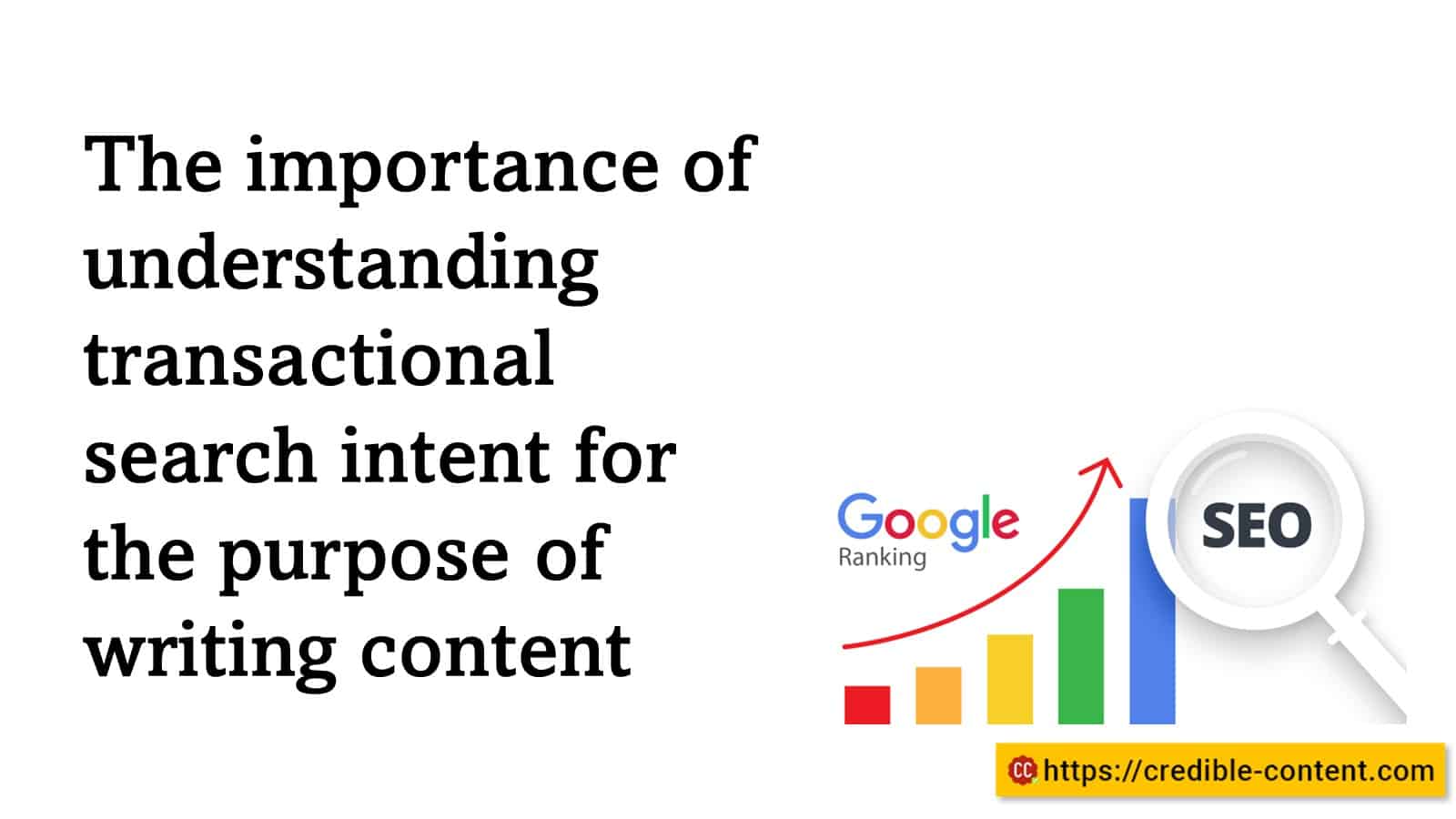SEO Gush
Insights and updates on the ever-evolving world of SEO.
Search Intent: The Secret Sauce Behind Your Clicks
Unlock the secret to boosting your clicks! Discover how search intent can elevate your content and attract more readers today.
Understanding Search Intent: Unlocking the Key to Higher Click-Through Rates
Understanding search intent is crucial for anyone looking to improve their website's performance and boost click-through rates (CTRs). Search intent refers to the reason behind a user's query and helps marketers identify what visitors are looking for. By analyzing this intent, businesses can tailor their content to meet these needs, making it more likely for users to click on their links. There are several types of search intent, including informational, navigational, transactional, and commercial investigation. Each type serves a different purpose, and recognizing these nuances can help in crafting content that resonates with your audience.
To effectively target your audience, it's essential to conduct thorough keyword research and analyze search intent behind those keywords. For example, if users are searching for 'best digital cameras,' they may be in a commercial investigation stage, looking to compare products. You should focus on creating comprehensive guides, product reviews, or comparison articles that address their needs. By aligning your content strategy with search intent, you can not only increase your click-through rates but also foster trust and encourage repeat visits, ultimately enhancing your website's overall performance.

How to Align Your Content with User Search Intent for Maximum Engagement
In the digital age, aligning your content with user search intent is essential for engaging your audience effectively. Start by conducting thorough keyword research to understand what your target audience is searching for. Utilize tools like Google Keyword Planner or SEMrush to identify high-volume keywords and phrases related to your niche. Once you've gathered this data, create a content strategy that addresses these queries directly. For instance, if users are seeking 'how-to' guides, consider crafting detailed tutorials or step-by-step articles that provide value and clear answers to their questions.
Another key aspect of aligning your content with user search intent is to analyze user behavior through metrics such as bounce rates and average time spent on page. This analysis will help you refine your content based on what resonates with your audience. Incorporate engaging elements like images, videos, and infographics to keep readers interested. Additionally, ensure your content is easy to read and navigate by using headings, bullet points, and short paragraphs. By focusing on both the informational needs and preferences of your audience, you'll maximize engagement and foster a loyal readership.
What is Search Intent and Why Does It Matter for Your SEO Strategy?
Search intent, often referred to as user intent, is the reason behind a user's search query. It reflects what the user is looking to achieve when typing a phrase into a search engine. Understanding search intent is crucial because it helps you tailor your content to meet the needs of your audience. There are generally four types of search intent: informational, navigational, transactional, and commercial investigation. By identifying and targeting these intents, you can create content that ranks higher on search engine results pages (SERPs) and provides real value to users.
Incorporating search intent into your SEO strategy matters because it directly impacts user engagement and conversion rates. When your content aligns with what users are actually searching for, you are more likely to improve your click-through rates (CTR) and reduce bounce rates. This alignment can also enhance your site’s authority and trustworthiness, as users find relevant information that fulfills their needs. To effectively leverage search intent, analyze keyword data and user behavior, and continually optimize your content to adapt to evolving search patterns and preferences.